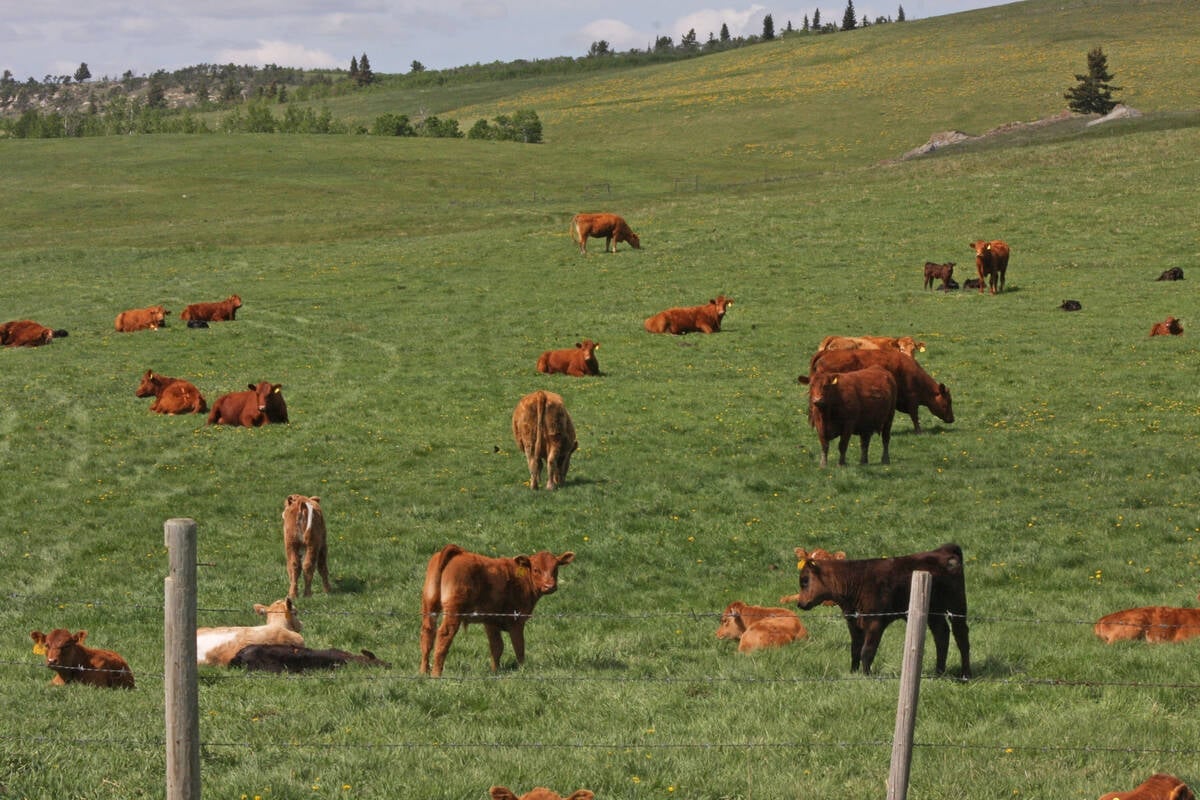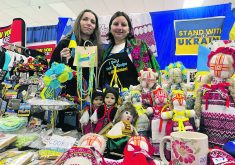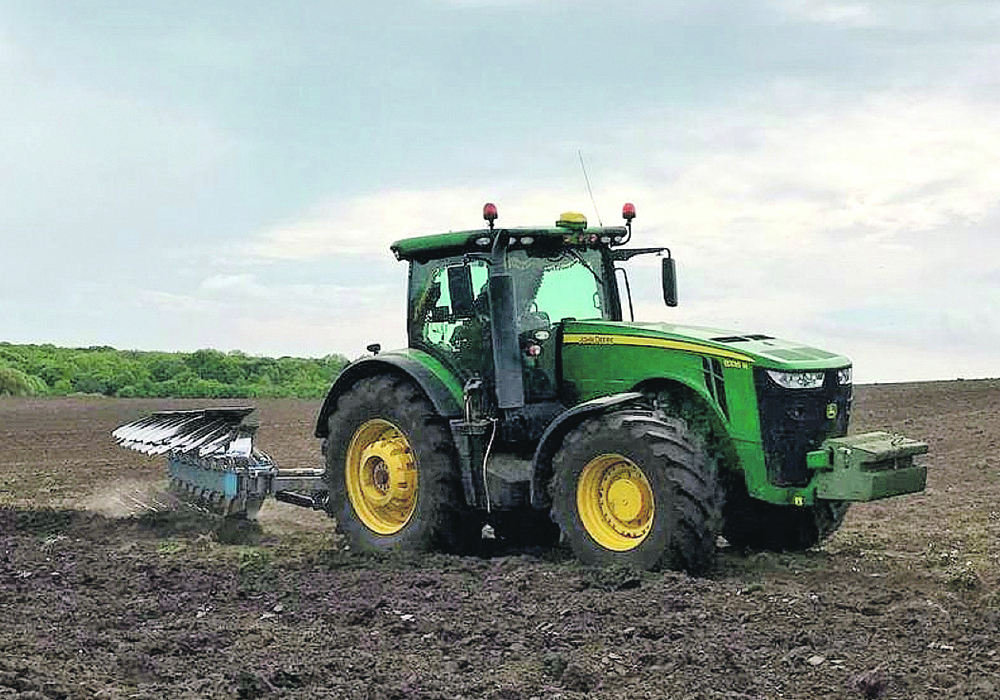Manitoba producer one of many ‘ambassadors’ working with World to Rebuild Rural Ukraine to help damaged farms
Like many Canadians, Jeff Kostuik would like to do something to help the people of Ukraine.
Kostuik, who lives and farms near Roblin, Man., would like to assist farmers and the people of rural Ukraine, who have lost their homes, tractors, barns and farm equipment because of bombs and missile attacks during Russia’s invasion.
But it’s hard to know what organization or charity will make a difference.
“Personally, (I) was just wondering what a guy can do to help … besides picking up a gun,” said Kostuik, who is of Ukrainian heritage and has relatives in western Ukraine.
Read Also

Livestock leads Canada’s farm economic outlook
Forecasts by a major Canadian farm lender featured good and bad news on the financial health of both farmers and Canadians at large.
This spring, Kostuik found a charity to support. He is now an ambassador with World to Rebuild Rural Ukraine (WRRU), an organization raising funds to help rural citizens and small, independent farmers.
The founder of WRRU is Roman Grynyshyn, a Ukrainian business person who operates a travel and education company called Travelite MICE & Travel Ukraine.
Before the war, Grynyshyn organized group tours for Ukrainian farmers to learn about agricultural practices in Canada, the United States and elsewhere.
During those trips, Grynyshyn visited Kostuik’s farm more than once.
“They were interested in minimal tillage, they were interested in the Farmers Edge type technology and, of course, hemp. That’s where I came in,” said Kostuik, general manager of Verve Seeds, which breeds and sells varieties of hemp.
“He was here three or four times with a group of farmers. I’ve hosted them and taken them around.”
Grynyshyn is once again in North America, but he isn’t with a group of farmers. In February, just before Russia’s invasion of Ukraine, Grynyshyn and a group were about to board a plane to Costa Rica. But they abandoned the trip as the Russian bombing of Ukraine began.
Soon after, Grynyshyn travelled with his three children and family to his parents’ farm in northwestern Ukraine near the Polish border.
After a short stay, they decided to leave Ukraine.
“It took about 34 hours to stand in line (at the border with Poland),” he said. “We crossed the border and ended up in Germany (at the farm of a friend).”
After getting 15 women and children to safety, Grynyshyn was planning to return to Ukraine. But with his experience and business connections in North America and Europe, Grynyshyn realized he could raise funds to help the people of Ukraine.
“We organized the supply of all sorts of goods for the army,” said Grynyshyn, who has been in North Dakota and other parts of America.
“I used my network in North America and we created a hub in Portland, Oregon. Medical goods, bulletproof vests… would go to Portland and then it would go to Ukraine.”
While that was helpful, Grynyshyn realized that aid wasn’t getting to rural Ukrainians, especially farmers who had lost their homes, barns, tractors, fertilizer and other crop inputs.
“There are no programs. There is no government support. Nothing. Everything is targeting the first needs,” he said, such as clothing, food and diapers.
That inspired him to start World to Rebuild Rural Ukraine.
“Our mission… is to help these people return to their farms and rebuild their homes and help them purchase the smallest piece of equipment to replace what got burned or destroyed by the Russians, so they can at least grow some crops to feed their families.”
Grynyshyn has organized a team of volunteers, in Ukraine, who have already identified several farmers and rural people who need help.
One of them is a sunflower grower, Oleksandr Kryvosheia, who farms near Kyiv with his wife and two children.
“Russians came into his village. They liked his storage (buildings), so they decided to hide their machinery there,” Grynyshyn explained.
“There was bombing and shelling, which destroyed the storage buildings (and the tractors and equipment inside)…. We think he deserves our attention…. We focus on those who do not have any alternatives, who (continue) living there… and are doing some farming.”
The WRRU website includes photos of the destruction and a list of the equipment that was destroyed on Kryvosheia’s farm.
Kostuik and other WRRU ambassadors in North America are helping to spread the word about the damage to Ukrainian farms and rural villages.
The ambassadors also ensure that WRRU donations get to people in need.
“We will have the ability to determine where that money will be spent,” said Kostuik. “The important thing is to make sure they get some help, somehow.”
Grynyshyn and his family will stay in the U.S. until the end of the July. Then, they will return to Germany, which has granted them refugee status.
Ideally, they would like to return to Kyiv, but a lot depends upon the war.
Once back in Europe, he will continue to raise funds for rural Ukrainians and producers who need assistance.
“We will be doing this for at least a couple of years…. This is something that is going to run for years, unfortunately.”
For more information on World to Rebuild Rural Ukraine and how to donate, go to wrru.org.
















